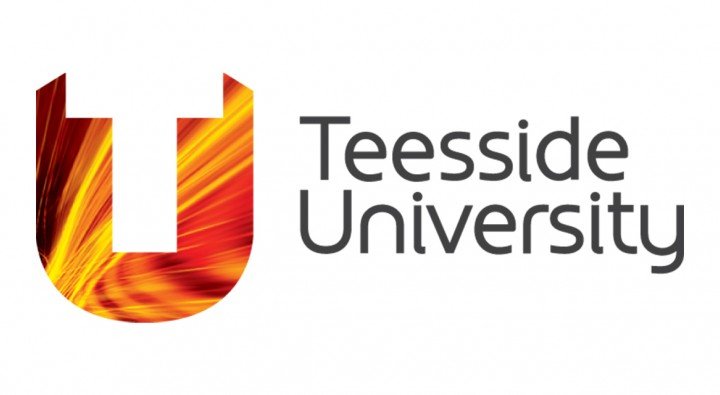An engagement framework for climate solutions
A research collaboration between Teesside University and UBC. Funded by the Department for Science, Innovation and Technology.
You can find out more and download a copy of the research report here.
From November 2022 to March 2023, I was funded by the Department for Science, Innovation and Technology to work in partnership with the University of British Columbia to develop Phase 1 of an engagement framework to accelerate climate solutions.
This framework uses creative and integrative writing techniques to address the climate emotions that can prevent or delay adoption of technological solutions, such as clean energy.
Developed in collaboration with Professor Walter Mérida’s team at UBC, the framework explores ways to help key stakeholders to acknowledge the often complex interplay of climate emotions; develop community and connection; and take purposeful action.
The project was also an opportunity to explore the many parallels between ongoing work and research in Vancouver in clean energy technologies (in particular, hydrogen) and the growing hydrogen hub situated in Teesside, including research based at the Net Zero Industry Innovation Centre and to build international partnerships.
I was delighted to receive further funding from DSIT in 2023-24 to develop a practical toolkit for generative engagement aimed at everyone involved in climate challanges.
We hope to launch this and begin ongoing evaluation in September 2024.








